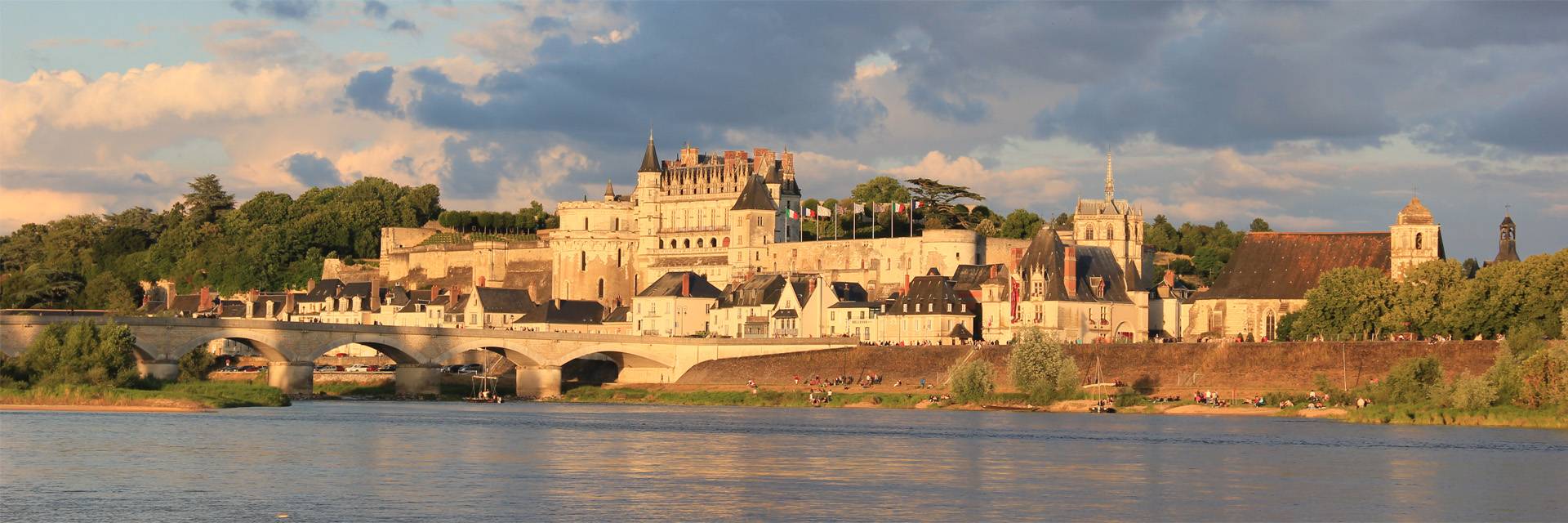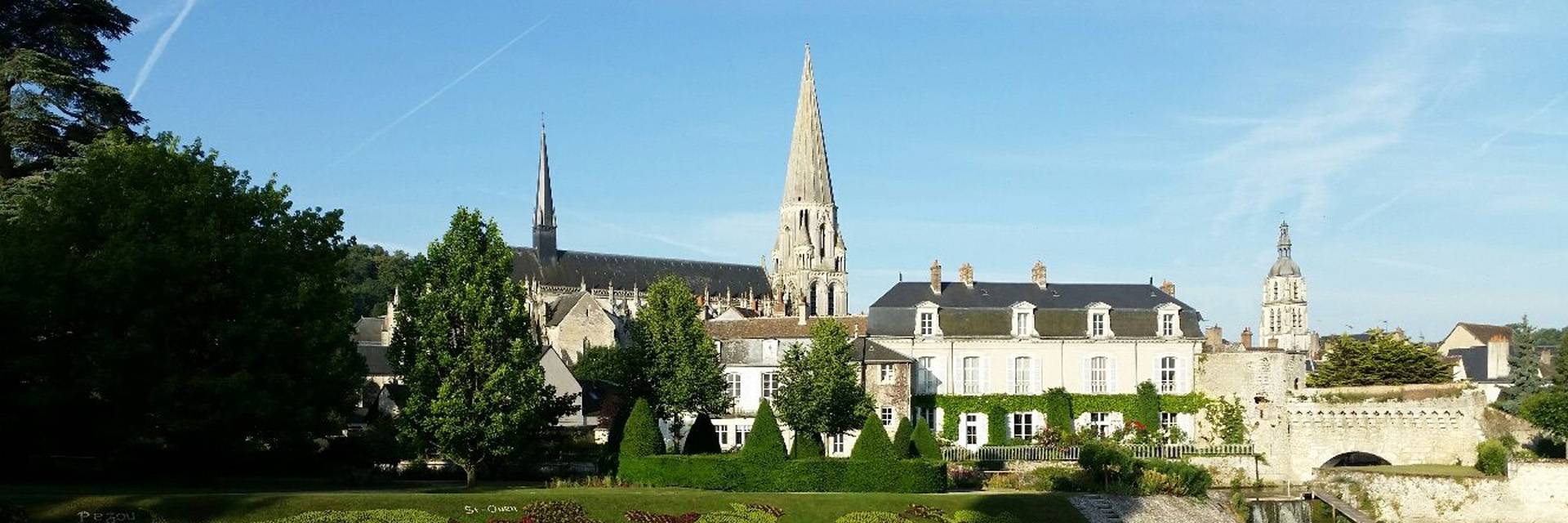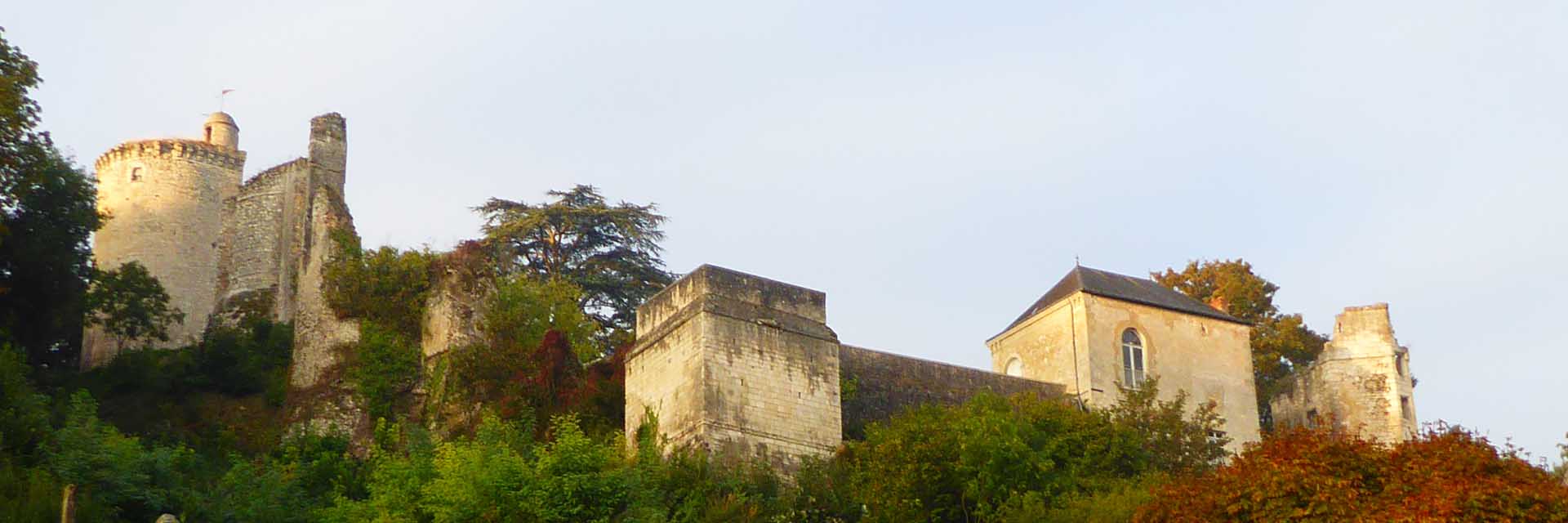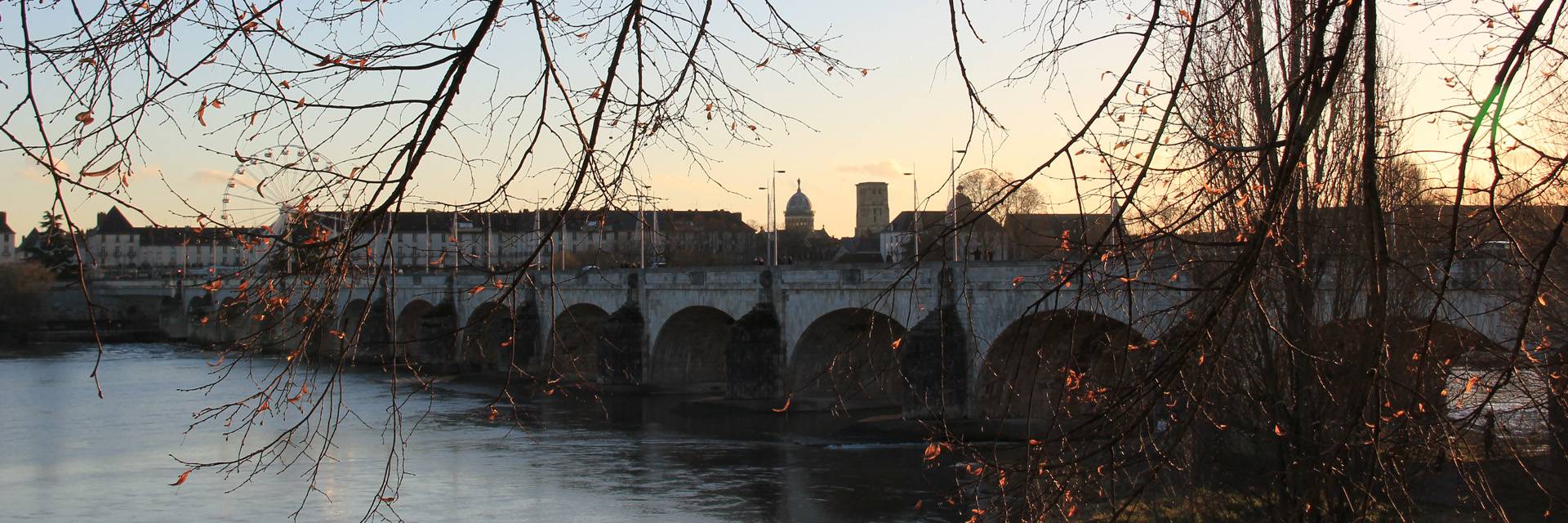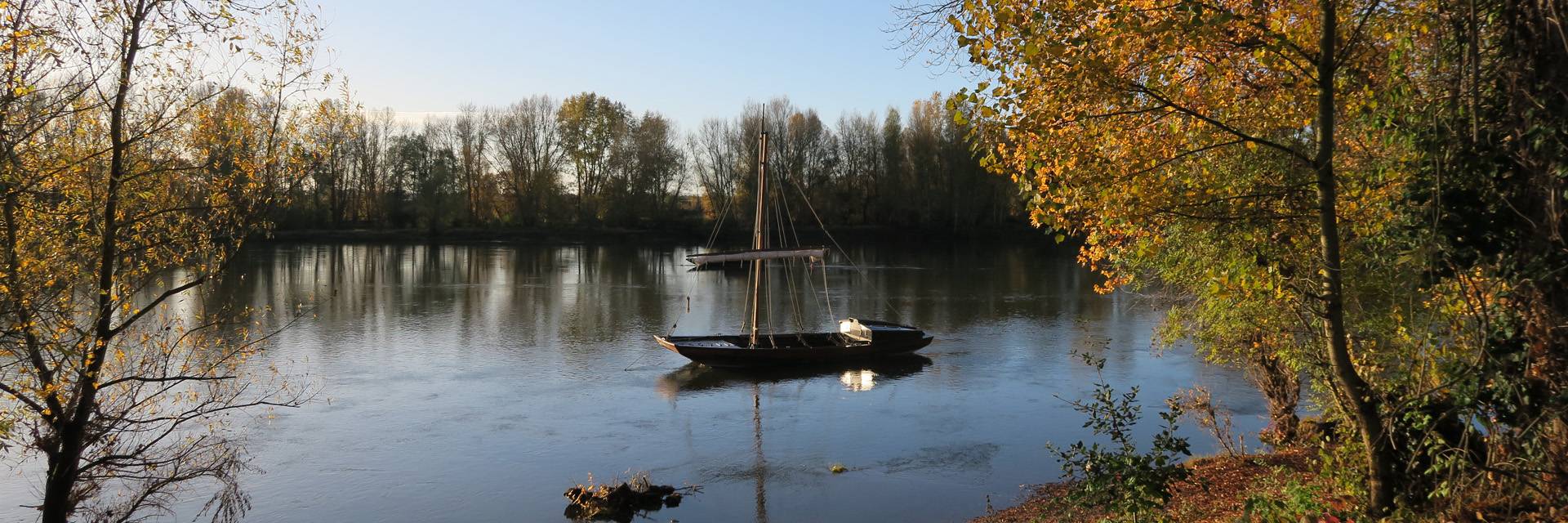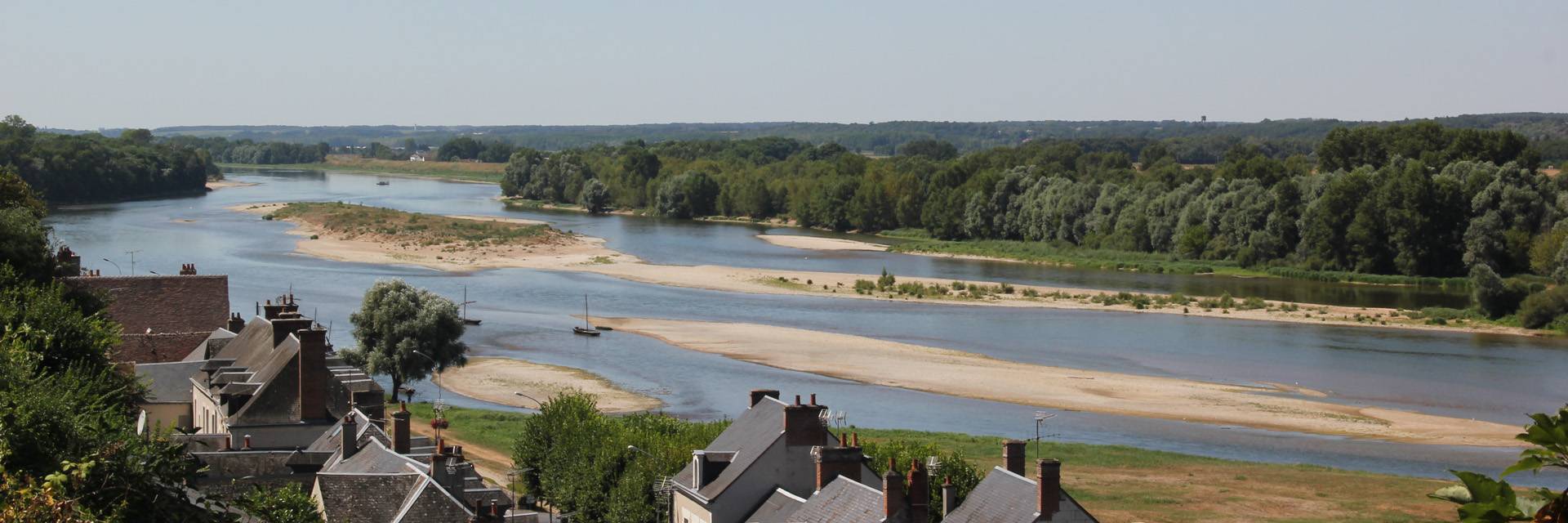Saint-Jacques is one of the first apostles of Christ. The “official” story reports that the body of the apostle Saint-Jacques was discovered by a hermit named Pelagius between 792 and 842…
Throughout the Middle Ages, Santiago de Compostela was a major destination for countless pilgrims from all over Europe. To reach Spain, the pilgrims crossed France. Four symbolic routes starting from Paris, Vézelay, Le Puy and Arles and leading to the crossing of the Pyrenees sum up the countless routes taken by travelers. Pilgrimage churches or simple sanctuaries, hospitals, bridges, wayside crosses line these routes and testify to the spiritual and material aspects of the pilgrimage. A spiritual exercise and manifestation of faith, the pilgrimage has also touched the secular world by playing a decisive role in the birth and circulation of ideas and the arts.
Today, a large part of the Ways of Saint-Jacques is listed as World Heritage by UNESCO, and the thousands of pilgrims who cross these paths every year are all far from doing so for religious reasons, at least directly related to the apostle and his possible presence in these places.
Obviously, there are many paths leading to Santiago de Compostela on foot. From the depths of Europe, like rivers and their tributaries, hundreds of paths converge on Santiago in Spain. For many pilgrims, the pilgrimage to Santiago begins at their doorstep, so we cannot speak a priori of a precise number of routes to Compostela. However, it is accepted, to facilitate reading, to identify the main axes that have been revealed over the centuries.
The four main french pilgrimage routes to Compostela are as follows :
- Via Turonensis which starts in Paris.
- Via Lemovicensis which starts in Vézelay.
- Via Podiensis which starts in Le Puy-en-Velay.
- Via Tolosana which starts in Arles.
Several associations, local authorities and private partners are pooling their efforts to develop and sustain these pilgrimage routes, in particular, the FFACC (Fédération Française des Associations des Chemins de Saint Jacques de Compostelle) and the ACIR (Agence Française des Chemins de Compostelle).
